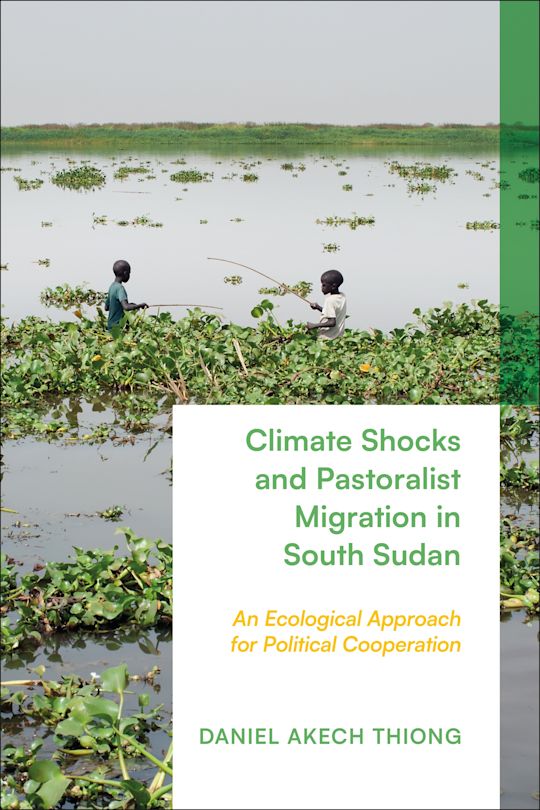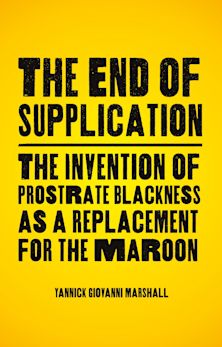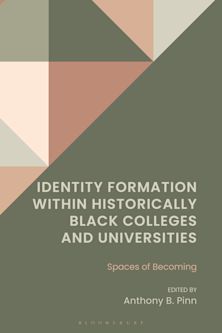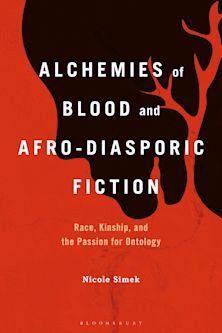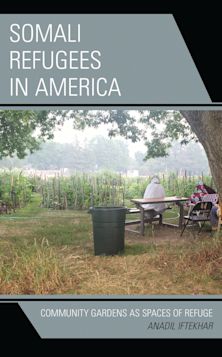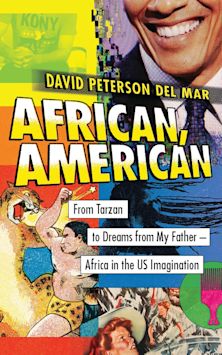Climate Shocks and Pastoralist Migration in South Sudan
An Ecological Approach for Political Cooperation
- Open Access
Climate Shocks and Pastoralist Migration in South Sudan
An Ecological Approach for Political Cooperation
- Open Access
This product is usually dispatched within 1 week
- Delivery and returns info
-
Free CA delivery on orders $40 or over
Description
In this important, multidisciplinary, open access study, Daniel Akech Thiong shows that the relations between climate disaster, pastoralist migration, and intercommunal conflict in Africa reach farther, both in time and space, than we realize.
Focusing on the climate-shock-induced migrations of the Dinka people of South Sudan's Jonglei state into the Equatoria region, Thiong investigates the long-term ecological roots of conflicts among pastoralists, or between pastoralists and agriculturalists, over access shrinking waterholes and grazing zones. In so doing, he not only offers important correctives to prevalent, short-term narratives around individual political conflicts-narratives that provide little fodder for any long-term solutions--but also sheds new light on the role of governance, both national and local, in creating or mitigating the conflicts. Thiong in fact reveals examples of unusual cooperation between diverse ethnic groups amidst climate-change-induced disasters, and these findings shed new light on similar developments elsewhere in Africa, all of which offers new lessons for those who wish to mitigate future clashes related to climate-shock-induced displacement and encourage social stability.
The ebook editions of this book are available open access under a CC BY-NC-ND 4.0 licence on bloomsburycollections.com. Open access was funded by the Bloomsbury Open Collections Library Collective.
Table of Contents
1. Literature Review
2. Patterns of devastating floods
3. Patterns of severe droughts
5. The role of livestock disease outbreaks
6. Patterns of conflict during climate shocks
7. Patterns of cooperation during climate shocks
8. Conclusion
Appendix A: List of people interviewed
Bibliography
Index
Product details
| Published | Aug 21 2025 |
|---|---|
| Format | Hardback |
| Edition | 1st |
| Extent | 176 |
| ISBN | 9781350439955 |
| Imprint | Zed Books |
| Dimensions | 234 x 156 mm |
| Publisher | Bloomsbury Publishing |
Reviews

OPEN ACCESS
Bloomsbury Open Access
Read and download this book free of charge from Bloomsbury Collections.









